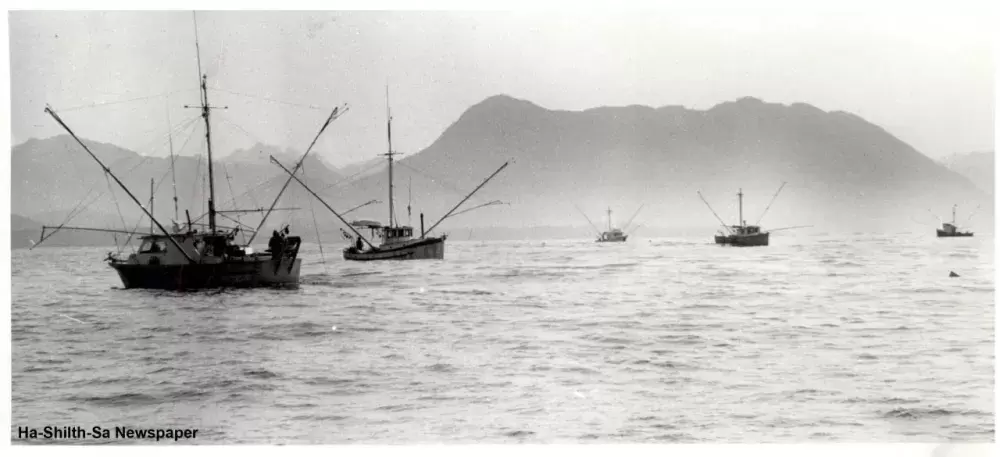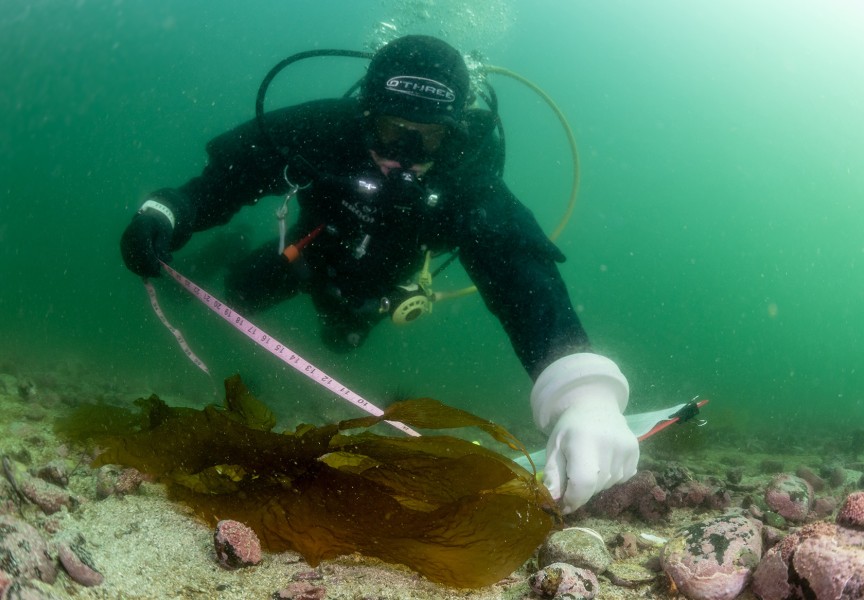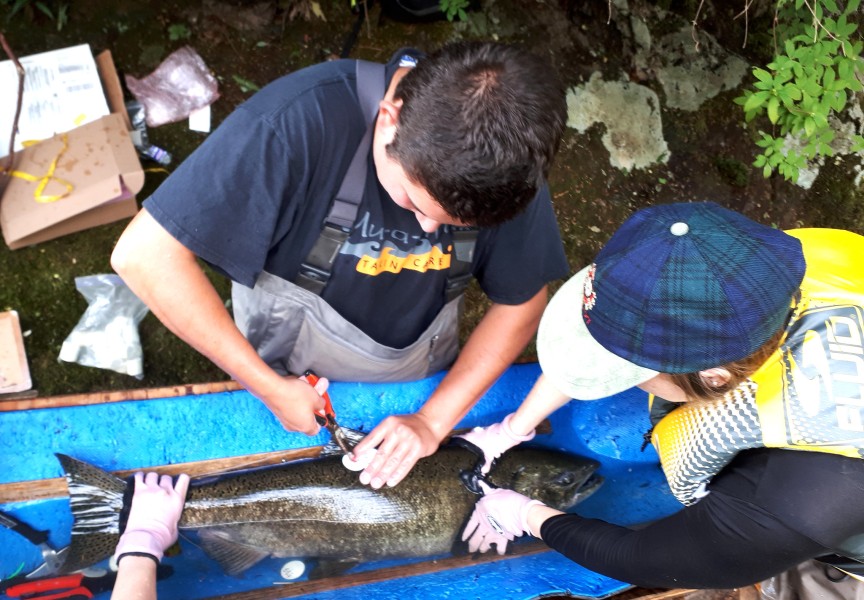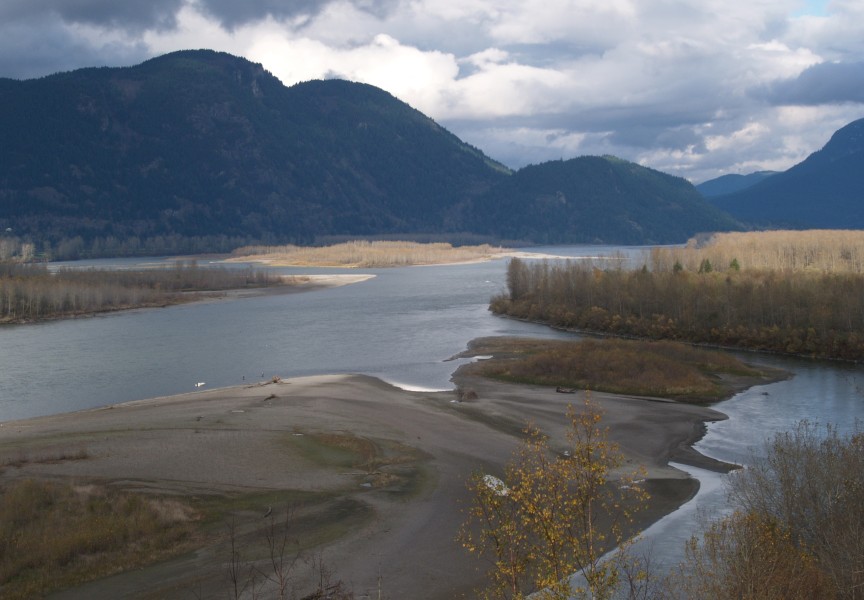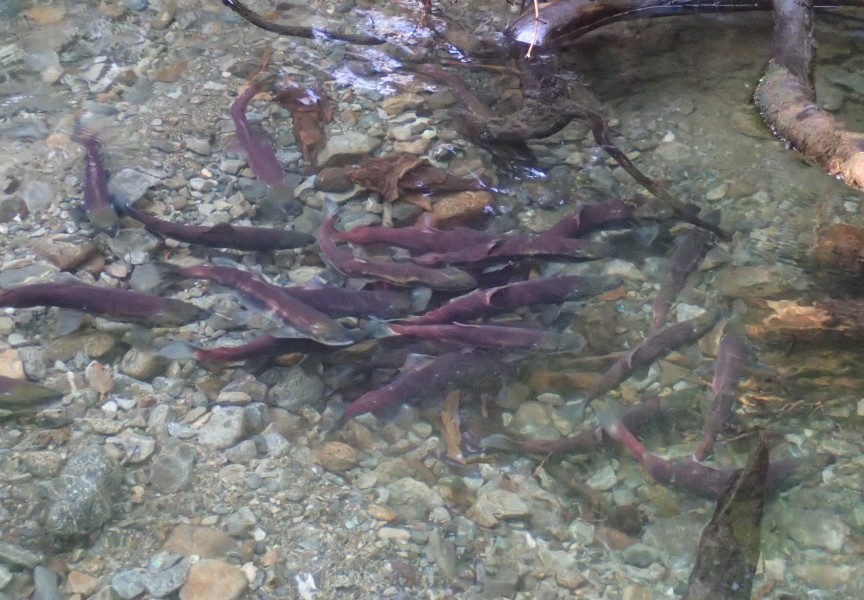Vancouver BC – Federal officials were in Vancouver July 26 to sign an historic agreement with members of B.C. Coastal First Nations that will see improvements in community-based fisheries in parts of north and central coasts of British Columbia.
Minister of Fisheries, Oceans and the Canadian Coast Guard Jonathan Wilkinson and Minister of Crown-Indigenous Relations, Carolyn Bennett attended a press conference with members of the B.C. Coastal First Nations to make the announcement.
The seven participating Coastal First Nations to the agreement are the: Heiltsuk Nation, Kitasoo/Xai’xais First Nation, Metlakatla First Nation, Nuxalk Nation, Wuikinuxv Nation, Gitga’at First Nation and Gitxaala Nation. They are located in the central and north coasts of British Columbia.
The Coastal First Nations Fisheries Resources Reconciliation Agreement signed today, promises to allow the seven Nations more access to and co-management powers in their community-based fisheries.
“Today’s agreement is the culmination of a three-year Heiltsuk-driven process, that began with the question, “What would Reconciliation with Canada look like to Heiltsuk?” said Marilyn Slett, Chief Councillor of the Heiltsuk Nation. “We commend Canada for meeting us on our terms and showing that things can be done collaboratively. We look forward to walking more steps together on the path towards Reconciliation.”
“This agreement will advance economic opportunities and collaborative governance, as well as expand community-based commercial fishing access in traditional territories for the seven Nations represented by Coastal First Nations,” reads the DFO news release.
It goes on to say that Coastal First Nations will have better access to existing commercial fishing licenses and quota, and an enhanced role in fisheries governance.
But Canada stops short of relinquishing their management powers. “However, as with all fisheries in Canada, overarching management and associated decisions remain with the Department of Fisheries and Oceans,” says the release.
But Chief Marilyn Slett, President of Coastal First Nations is optimistic. “This agreement will get families and fishers back on the water and re-establish a small boat fleet in our communities. By working together – on a nation-to-nation basis - we will provide opportunities for our communities to fully participate in the fishing economy; create new jobs and investments; and increase economic opportunities and build capacity.”
The goals of the agreement include increased commercial fishing opportunities; community based fisheries capacity for First Nations on the north and central coasts of British Columbia; and the establishment of a collaborative governance and management arrangement that will involve other First Nations and stakeholders.
There are provisions in the agreement to provide support for First Nations access to fisheries licenses and quota while also borrowing income generated through a corporate fishery model to support community-based fisheries.
Increased access to licenses and quotas for the Coastal First Nations will come from existing licenses that are currently issued to retired or soon to retire fishers and operators.
“We will continue to work with communities and stakeholders not represented by the Coastal First Nation to include their views and concerns into all fisheries management decisions,” said DFO in a statement.
“Fish are central to the culture and livelihood of many First Nations on the coasts. That is why it is so important to work collaboratively and conclude agreements such as this one that advance fisheries management and recognize the critical partnership role that First Nations communities like Coastal First Nations need to play,” said Minister Bennett.
“When we change the dial from a top-down approach to engagement with First Nations and fisheries access, to a focus on the co-development, co-design, and co-delivery of resource management, the result is a move toward self-determination, and real, sustainable prosperity for Canada’s First Nations,” said DFO in its statement.

